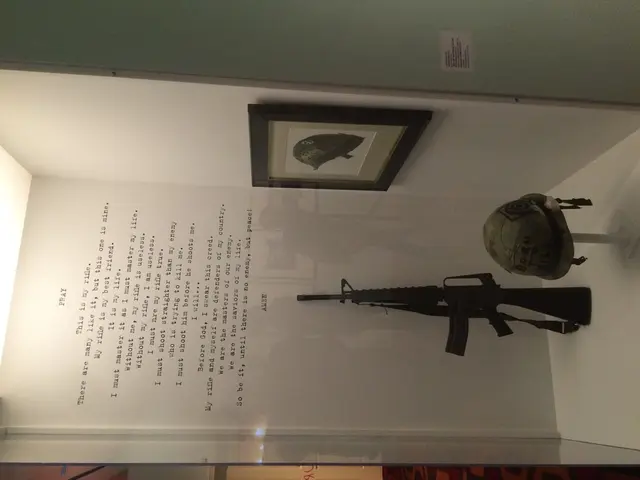Persistent effects of Duterte's violent "drug war" on Philippine legal system and civil society
Former Philippine President Rodrigo Duterte found himself in the spotlight once again this week, as he was taken into custody upon arrival in the Philippines from Hong Kong. The International Criminal Court (ICC) has issued a warrant of arrest against Duterte for crimes against humanity related to his involvement in the extrajudicial killings during the Philippine drug war.
This arrest warrant marks a significant milestone, as Duterte is the first former Asian leader to be served an arrest warrant over charges filed at the ICC. The ICC has the authority to investigate and prosecute crimes committed by nationals or anyone on their territory under the Rome Statute.
During Duterte's term, at least 195 land defender killings were documented. Over half of the lethal attacks on environmental defenders were directly linked to their opposition to mining, logging, and dam projects. In 2021, Duterte lifted a nine-year moratorium on new mining projects, which led to the killing of 11 more environmental activists.
For 13 consecutive years since 2012, the Philippines has been named Asia's deadliest country for environmental defenders by Global Witness. The Anti-Terrorism Act of 2020, institutionalized during the Duterte regime, has been flagged as a concern for human rights advocates due to its broad and vague definition of terrorism.
The estimated number of Filipinos killed during Duterte's anti-drug campaign, according to Global Witness, is 20,000. A 2020 UN report alleges that tens of thousands of people were killed during Duterte's presidency, including at least 73 children.
Duterte has defended his actions during his anti-drugs crackdown, offering "no apologies". However, the ICC has cited "reasonable grounds" in issuing an arrest warrant for Duterte. The ICC has yet to issue an official statement on the specific charges against Duterte.
Within hours, Duterte was on a chartered jet bound for The Hague in the Netherlands, where the ICC sits. Duterte's allies have denounced the arrest, calling it "unlawful" as the Philippines withdrew from the ICC in 2019.
The current Philippine President, Ferdinand Marcos, Jr, has been vocal about mining for transition minerals like nickel and copper as key to economic recovery after the Covid-19 pandemic. The National Task Force to End Local Communist Armed Conflict (NTF-ELCAC), which has been criticized for targeting civilians, activists, and Indigenous communities, has been allowed to remain in operation with a budget of P7.8 billion (US$136 million) in 2025 by President Marcos.
This development in the Duterte case is a significant step towards accountability for the alleged crimes committed during his presidency. The outcome of this case will undoubtedly have far-reaching implications for the Philippines and the international community.
Read also:
- Peptide YY (PYY): Exploring its Role in Appetite Suppression, Intestinal Health, and Cognitive Links
- Easing Pedestrian Traffic Signal Pressure
- Astral Lore and Celestial Arrangements: Defining Terms & In-Depth Insights - Historical Accounts & Glossary of Cosmic Mythology
- ICE directed to enhance detention conditions following NYC immigrants' allegations of maltreatment








